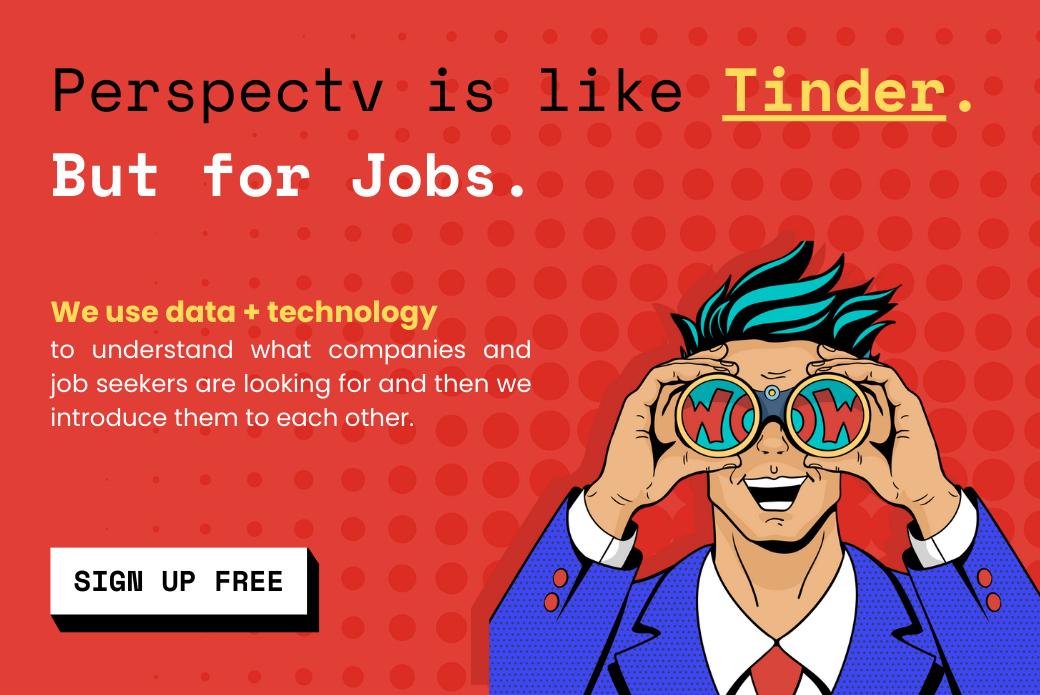Critical Thinking Interview Questions and Answers to Identify Top Talent
This article provides sample critical-thinking interview questions and answers to help you assess how well candidates respond to real-world challenges. In today’s fast-paced work environment, employers value candidates who can think critically, evaluate complex situations and make sound decisions.
Why Asking the Right Interview Questions Matters
Asking the right interview questions is critical to identifying candidates who possess the skills, mindset, and qualities needed to succeed in a role. Effective questions not only reveal a candidate’s experience and technical abilities but also provide insights into their problem-solving approach, critical thinking, and adaptability. In today’s ever-evolving workplace, these traits are more important than ever.
When you ask targeted, well-structured questions, you can evaluate how a candidate handles real-world situations. For example, critical-thinking questions help you understand how someone processes information, weighs alternatives, and makes informed decisions. Behavioural questions offer insights into how a candidate has navigated challenges in the past, giving you a glimpse of their ability to manage complex scenarios in the future.
Ultimately, the right interview questions allow you to assess not just what a candidate knows, but how they think, communicate, and collaborate. This helps ensure you’re hiring someone who will thrive in your team, contribute to company success, and adapt to changing demands in the role.
Top 10 Critical-Thinking Interview Questions
-
Tell me about a time you had to make a decision with incomplete information. What did you do?
This question helps evaluate the candidate’s problem-solving abilities when all the details aren’t available.Sample answer:
“In a previous role, I had to choose a new supplier with limited data. I focused on key factors such as reliability and cost, and made a preliminary decision while keeping the option open to revise once more information was available.” -
During a presentation, you notice a mistake in your manager’s report, but they aren’t present. How do you handle this?
This question assesses the candidate’s ability to handle sensitive situations with discretion.Sample answer:
“I would discreetly correct the mistake during the presentation and follow up with my manager afterward to ensure the report is updated, preventing similar issues in the future.” -
Describe a time when you had to convince your manager to try a different approach to solve a problem.
This question tests persuasion and the ability to advocate for new solutions.Sample answer:
“I proposed a streamlined workflow to reduce time on manual tasks. I supported my case with data showing potential time savings, and after a trial run, the new method was adopted.” -
You’re working on a project and struggling to agree with your team on the next step. What do you do?
This evaluates how the candidate handles group decision-making and collaboration.Sample answer:
“I would initiate a team discussion to hear everyone’s input. Then, I’d suggest we list the pros and cons of each option, helping the team make an informed, consensus-driven decision.” -
What’s the better sales approach: increase prices for higher revenue or decrease prices to boost customer satisfaction?
This tests the candidate’s ability to weigh multiple business strategies.Sample answer:
“Both approaches have benefits, depending on the company’s goals and customer base. I would evaluate the market conditions and target audience to determine the best course of action.” -
How do you evaluate the credibility of a source of information?
This question tests a candidate’s ability to distinguish reliable sources.Sample answer:
“I assess the source’s reputation, cross-check the information with other reliable sources, and ensure there are credible references supporting the content.” -
Describe a time you had to adapt your communication style to effectively convey your message.
This assesses adaptability in communication.Sample answer:
“When working with non-technical stakeholders, I simplified complex concepts by using analogies, which helped ensure everyone understood the message without overwhelming them.” -
How do you prioritise tasks when faced with multiple urgent deadlines?
This question tests time-management skills and decision-making.Sample answer:
“I prioritise tasks by urgency and impact, tackling high-priority tasks first while delegating where possible. I ensure all deadlines are met without compromising quality.” -
What steps do you take to analyze a complex problem?
This tests the candidate’s problem-solving methodology.Sample answer:
“I break the problem down into smaller, manageable parts, analyze each part, identify root causes, and develop a logical step-by-step solution.” -
Can you give an example of a time when you had to think on your feet during a crisis?
This assesses quick decision-making under pressure.Sample answer:
“During a server outage, I quickly assessed the issue, communicated with the team, and implemented a contingency plan to restore services as fast as possible.”
Why Test Candidates’ Critical-Thinking Skills?
Employers benefit from hiring candidates who use critical thinking to assess situations logically and make well-reasoned decisions. Unlike mechanical task performers, critical thinkers bring independent thought and creative solutions to improve processes.
Critical thinkers are:
- Responsible: They handle difficult decisions with care.
- Consistent: They verify facts and data before acting.
- Unbiased: They remain impartial and objective in their decision-making.
- Creative: They explore unconventional solutions to problems.
How to Assess Critical-Thinking Skills in Interviews
- Ask Hypothetical Scenarios: Pose real-world challenges to see how candidates respond.
- Look for Balanced Decision-Making: Opt for candidates who make sound decisions swiftly.
- Watch for Process Improvers: Candidates who have improved processes or implemented new strategies are more likely to think critically.
- Evaluate Problem-Solving Enthusiasm: Look for individuals who show enthusiasm in solving tough problems without quitting easily.
Red Flags to Watch For
- Lack of Fact-Checking: Candidates who don’t seek clarification may overlook critical details.
- Making Assumptions: Jumping to conclusions without logical backing can signal poor critical-thinking skills.
- Inability to Answer: If candidates struggle to address questions, they may not be comfortable with problem-solving.
- Defaulting to Obvious Solutions: Critical thinkers should go beyond the surface to find better alternatives.
Frequently Asked Questions
- What are the top critical-thinking interview questions?
Look for questions that challenge decision-making, problem-solving, and adaptability skills. - How can you assess critical-thinking skills?
Use situational and behavioural interview questions to evaluate a candidate’s problem-solving process. - What are three qualities of a candidate with strong critical-thinking skills?
Analytical thinking, adaptability, and effective communication are key. - What are some red flags?
Vague answers, reluctance to problem-solve, and lack of examples can be indicators of weak critical-thinking skills.
Conclusion: The Importance of Critical Thinking in Hiring
Critical-thinking interview questions play a pivotal role in identifying candidates who can navigate complex situations, make informed decisions, and offer creative solutions in the workplace. In today’s fast-paced and ever-evolving job market, companies benefit from employees who are not only adaptable but also approach challenges with an analytical mindset.
By incorporating these questions into your hiring process, you can assess a candidate’s ability to think critically, collaborate effectively, and contribute to the growth of your organisation. Whether it’s evaluating sources of information, prioritising tasks under pressure, or solving intricate problems, critical thinkers are valuable assets to any team.
As you build your team for future success, prioritising critical thinking in your hiring strategy will help you attract top talent that is prepared to meet challenges head-on and drive innovation.




